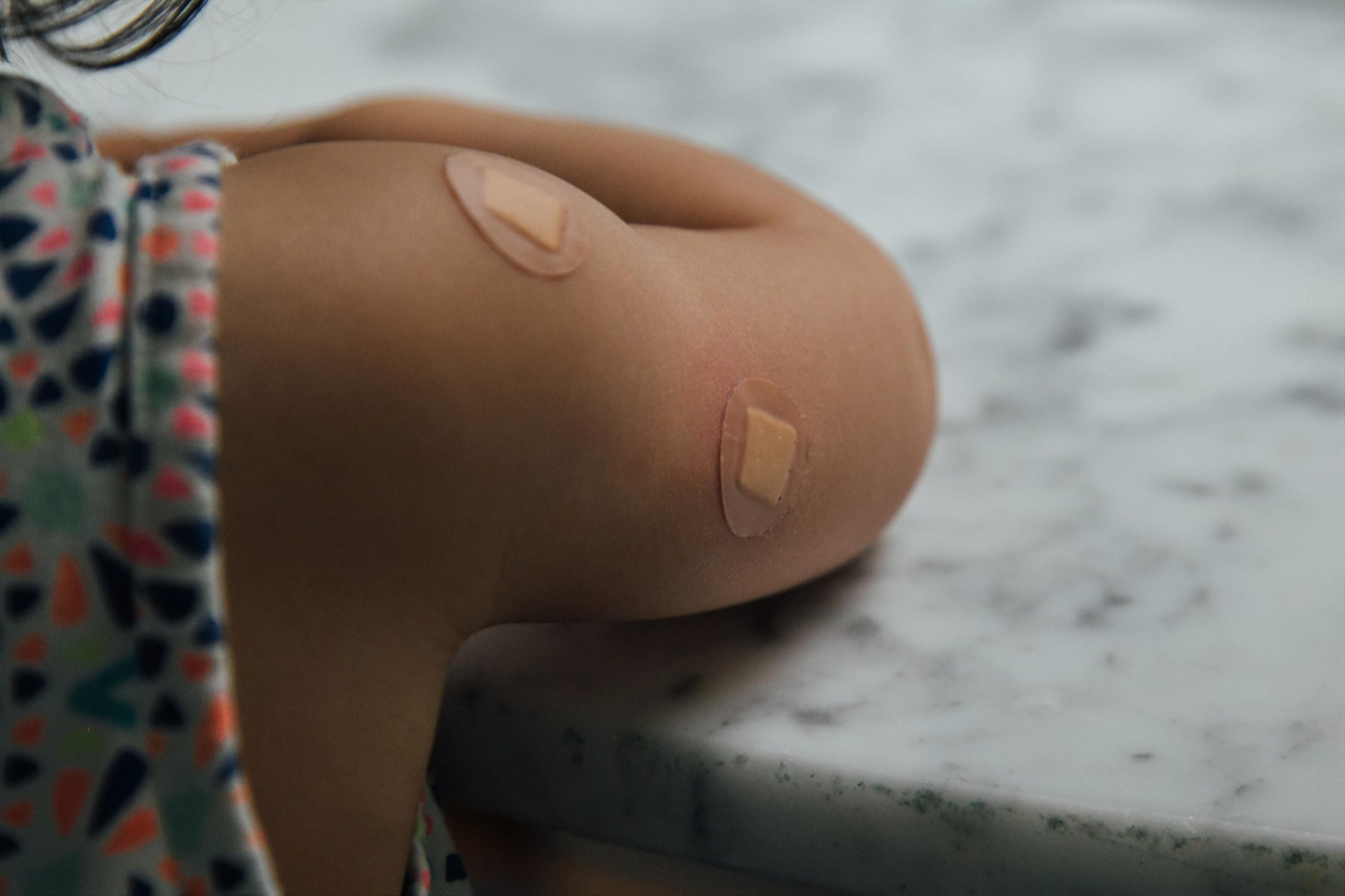Parenting can be challenging. Along with the numerous joys comes a list of responsibilities. And a pretty bucket of difficult situations too! One of such difficult situations can be encountering your kid’s explosive and angry behaviour and understanding the very reason behind it. If you have an angry child too, we’ve curated this article with the thought of helping you with the same.
Signs Not To Ignore

Signs Your Child Is Aggressively Angry
Following could be the signs of extreme anger in your child:
- They can’t control their aggressive urges. And have been known to hit others (other than siblings) since the age of six.
- Frequent explosive outbursts, implying that they carry a full “tank” of anger ready to explode at any moment.
- They are perpetually aggressive.
- Refuse to admit their role in the situation. Instead of criticizing themselves, they accuse others of “picking on” them.
- Frequently lose friends, segregate adults, or participate in other forms of interpersonal conflicts.
- Threaten to hurt themselves physically (or actually do so).
- They are prone to causing property destruction.
- Frequently show hatred for themselves or others.
- Injure street animals or small kids playing in the locality.
How Can Parents Help An Angry Child?
- Start With Yourself – Remember that your kids are learning by watching you. And, yes, that’s the key as they are in their initial years of developing habits. They copy whatever is in their surroundings. So, next time whenever you get angry, think twice before yelling.
- Accept Your Child’s Anger – When your little one is bursting out, the best you can do is listen to them and acknowledge why they are acting in that specific way. Later, once they calm down, you can, of course, correct them for their tone or language used.
- Develop A Calm-Down Plan – Teach your kids what to do when they begin to feel angry. Give them different ways to manage their anger impulses at that very moment. Make a list of activities they enjoy, e.g. colouring, playing and encourage them to go for the same in those heated moments.
- Never Get Swayed By The Tantrums – Making your kids buy an expensive toy just to stop them from throwing tantrums can be a good option for the short run. But in the long run, it is only going to elevate problems for the family and make their aggression worse.
- Avoid Violent Media – Exposing your child to violent television programs or video games may aggravate their aggressive behaviour. Instead, expose your kids to books, games, and shows that illustrate healthy conflict resolution practices.
What More Can Parents Do?
- Set Limits For Aggression – Allowing feelings does not imply allowing damaging behaviour. Don’t allow your child to hit others. When they do, create boundaries and assist them in controlling their anger.
- Do Not Punish Them Physically – As a form of punishment, some parents beat, even strike their children. When you punish a kid physically, they may come to believe that this is the proper method to deal with people whose behavior you don’t like. Physical punishment might encourage a child to be hostile toward others.
- Restore Connection And Spend Time With Them – Ensure your kids with your presence and support. Tell them they are not alone in any situation, and it’s okay not to be okay sometimes. If needed, give them a hug.
Help with Behavioral Techniques For An Angry Child

Techniques To Tackle An Angry Child
The need for professional help arises when your child is doing a lot of lashing out—enough that it is frequently frightening you and disrupting your family. Some common therapies are mentioned below:
- Parent-Child Interaction Therapy – PCIT is proven to be highly beneficial for children aged 2 to 7. While a therapist educates parents to maintain calmness, they also learn to provide further attention to your child’s positive behaviour, dismiss minor misbehaviours, and apply consistent consequences for bad or aggressive behaviour.
- Collaborative and Proactive Solutions – CPS is a programme that was established on the premise that explosive or disruptive conduct is caused by a lack of skills rather than an attempt to gain attention or test limits. The goal is to educate kids on the abilities they need to respond to a situation in a more effective way than throwing a tantrum.
In any case, if these behavioural plans aren’t enough, experts suggest that there’s a strong need to shift to a more proper setup for such kids entailing prescribed medications, parent training, residential settings, day treatments, etc. in order to treat the children in the best and the earliest way possible. Here’s a guide to 21st century parenting in case you want to read it.






